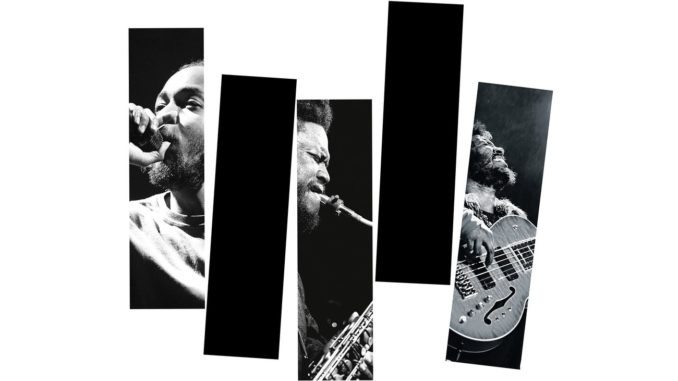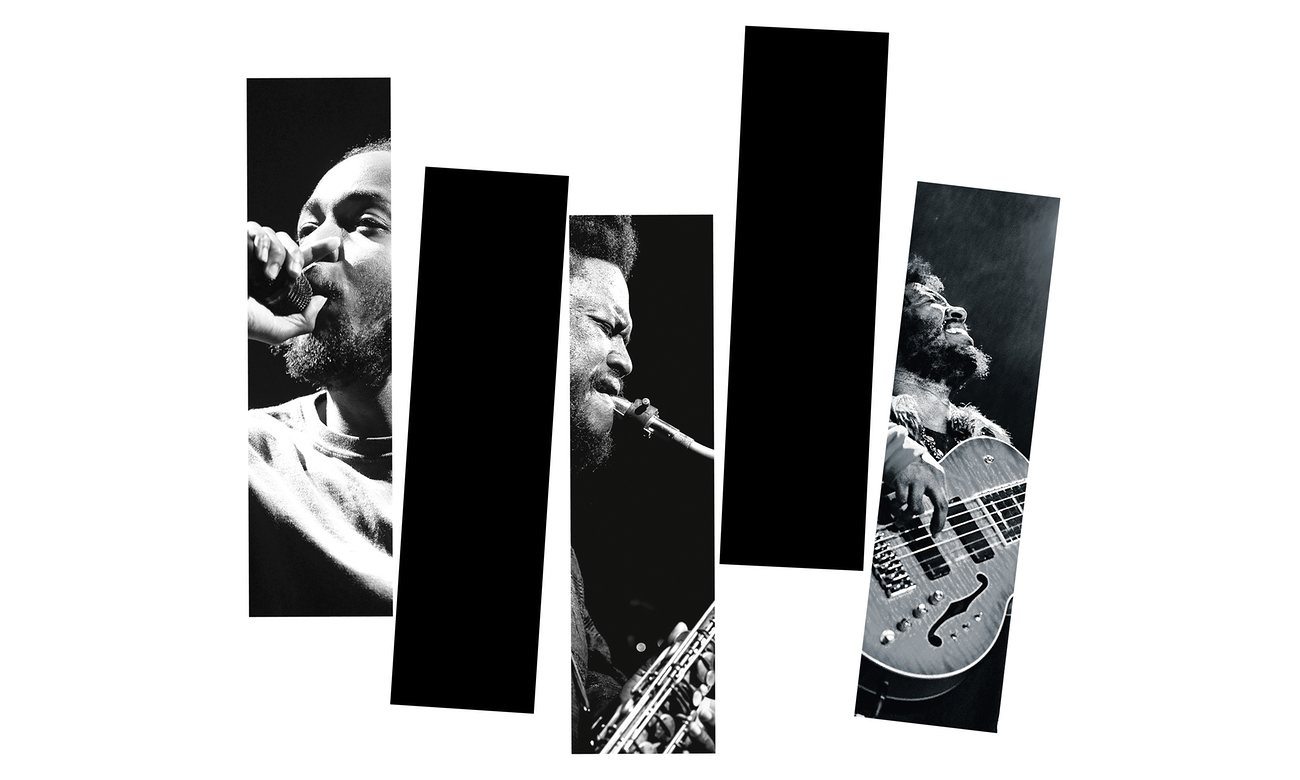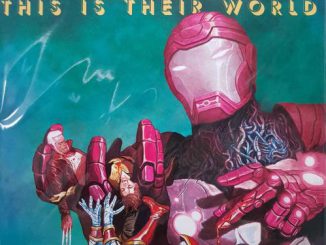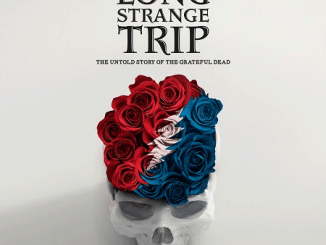
A generation of jazz musicians has grown up with hip-hop in its blood. The result is the thrilling reinvention of a genre that has been guilty of fixating on its past

To the outsider, jazz can seem less like a living form of music than a set of signifiers: music played to an older audience, aware of its own history, redolent of the cool of a half-remembered, semi-fictionalised past. Dig a little further, and a different set of signifiers emerge: “difficult” music, often improvised, played in small clubs, to audiences of chin-stroking beardies. What the word “jazz” rarely summons is the idea of music that isn’t just perfectly of the moment, but helping to shape and influence groundbreaking artists in other genres. But that’s what it has become, thanks to a new generation of jazz musicians for whom working across disciplines is as natural as improvising in front of hardcore fans.
As the Los Angeles saxophonist Kamasi Washington puts it: “We’ve now got a whole generation of jazz musicians who have been brought up with hip-hop. We’ve grown up alongside rappers and DJs, we’ve heard this music all our life. We are as fluent in J Dilla and Dr Dre as we are in Mingus and Coltrane.”
The influence cuts both ways – from jazz to hip-hop and back again. Jazz musicians have always improvised over different rhythms but, if you go to a jazz gig these days, you’re likely to hear a lot of musicians playing over the “slugging” beat popularised by the hip-hop producer J Dilla. It’s that wonky, slightly drunken-sounding funk beat that seems to have joined the arsenal of rhythms used by jazz musicians, alongside such mainstays as swing, bossa nova and the jazz waltz. “It’s basically the sound of someone sampling a funk beat on an Akai MPC sampler and editing it wrong,” says Rob Turner, drummer in the Mercury-nominated Manchester jazz trio Go Go Penguin. “Instead of starting the sample at the ‘transient’ – the start of the beat – it starts fractionally after that point. So the snare drums and hi-hats are all in slightly the wrong place. It sounds sluggish and disjointed and slightly screwed up, but it also sounds quite cool. And it’s something that young jazz drummers have worked out how to play. Go around music colleges and you’ll hear student drummers dividing up a bar into countless subdivisions and working how to ‘slug’ fluently – somewhere between ‘swung’ crotchets and ‘straight’ crotchets. Nowadays, so many young jazz drummers have learned to play like that we’ve started to call it the ‘college beat’. It shows you how jazz musicians have thoroughly internalised the hip-hop they’ve grown up with.”
Hip-hop’s love affair with jazz goes back more than 30 years, when the likes of Stetsasonic, Gang Starr, A Tribe Called Quest and Jungle Brothers were sampling heavily from jazz records and explicitly drawing connections between the two African-American art forms. Rappers such as the Notorious BIG (who was mentored by the New Orleans saxophonist Donald Harrison), Nas (the son of jazz musician Olu Dara) and Rakim (who studied the saxophone) have talked about how jazz influenced their phrasing and diction. However, when jazz musicians such as Herbie Hancock, Miles Davis, Branford Marsalis and Roy Ayers reciprocated, they always did so as curious outsiders: as “tourists” rather than native speakers. Younger jazz musicians, however, treat things differently.
Washington has become the poster boy of this bilingual generation. Not only is his own spacey hard bop outfit filling out festivals and concert halls around the world – including a recent Prom – but he has also worked closely with hip-hop musicians, working as the musical director for Kendrick Lamar’s album To Pimp a Butterfly, the landmark 2015 album whose stellar cast also included trumpeter Ambrose Akinmusire, guitarist Keith Askey, bassist Chris Smith, drummer Robert Searight and producer Terrace Martin – all of whom have worked in the worlds of jazz, R&B and hip-hop.
Read more here
If you’re looking for rare jazz vinyl, reissues, imports, CDs & more, be sure to check the Jazz Collectors Store at eil.com to see our full range of stunning jazz goodies.




Be the first to comment